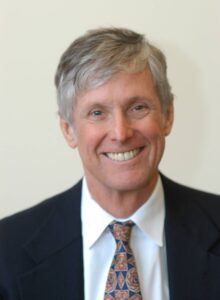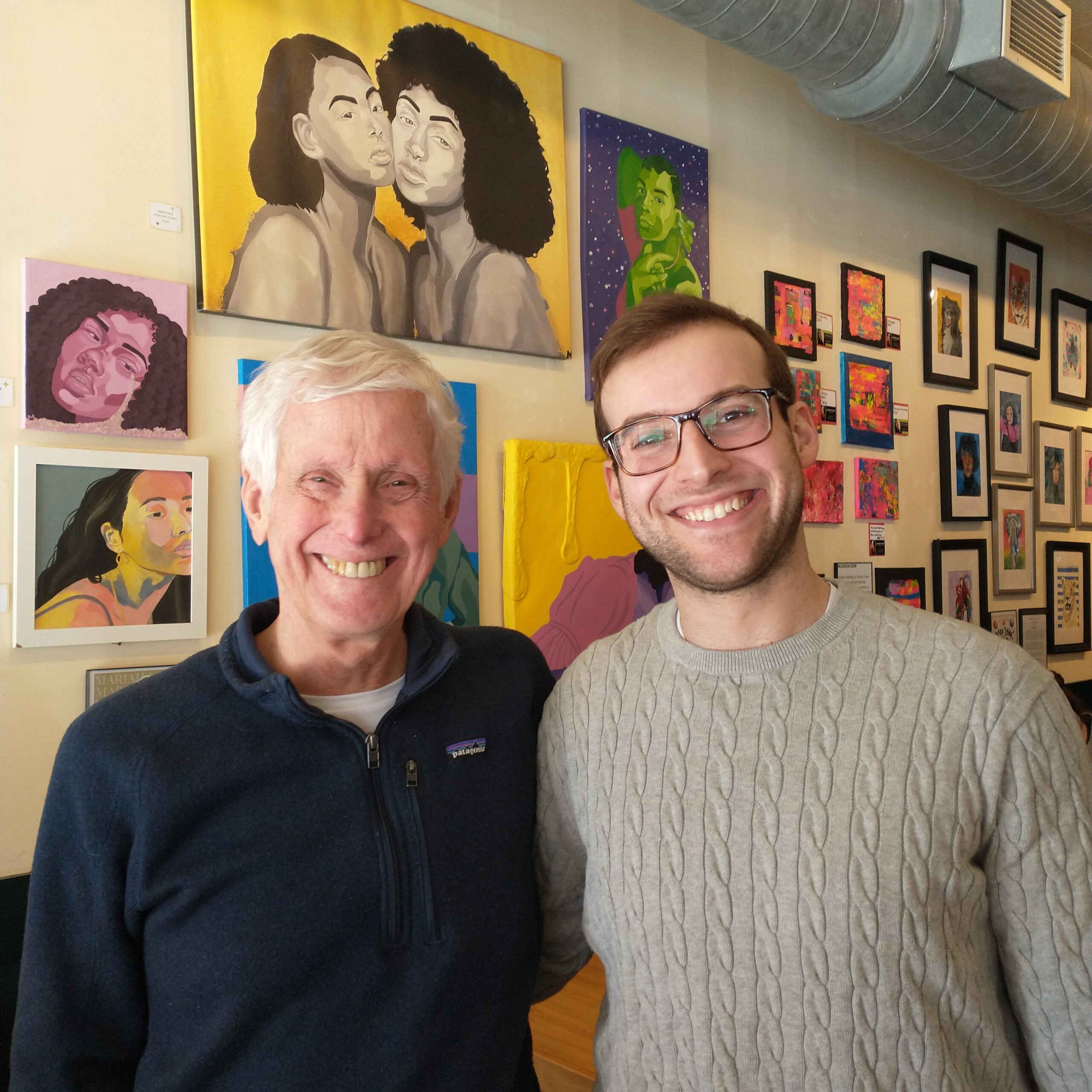By Todd Otis The early childhood movement has come a long way in the past twenty years, and has a long way to go.The public now understands the importance of early care and education both for a child’s educational success and to assure a future skilled, prosperous workforce. It now understands that public investment in quality early learning is a valid and important policy priority. A majority of people polled are even willing to pay higher taxes, if the taxes are used to improve early learning.
The early childhood movement has come a long way in the past twenty years, and has a long way to go.The public now understands the importance of early care and education both for a child’s educational success and to assure a future skilled, prosperous workforce. It now understands that public investment in quality early learning is a valid and important policy priority. A majority of people polled are even willing to pay higher taxes, if the taxes are used to improve early learning.

Todd Otis
Quality early learning is vastly under-resourced; there is far too little money in the system to provide parents the choices they deserve or maintain the quality workforce our children need. As a result, far too many of our youngest children are being cheated, pure and simple.At the very time when young families have the least amount of money,
they are forced to pay $10-12,000 directly out of their pockets per child, and many families simply do not have that kind of money. Whereas at least 75% of K-12 education (public and private) is paid for by public sources and 25% by families, those numbers are reversed for early care and education. Most families simply cannot afford to pay for the quality early learning their kids deserve.
Consider this: the K-12 biennial budget in Minnesota is about $17 billion, so for 13 grades that amounts to about $1.3 billion per grade. If our youngest learners had the same level of investment per age cohort as K-12 there would be an infusion of $6.5 billion. Way unrealistic, right?OK, what about just $1.3 billion for early learning? (The business-led
Itasca Project report indicated that is about the level of funding shortfall ). That would be a major step forward. Our early learning “system” has made great strides in identifying what goes into quality early learning, and developed a great way to put parents in the driver’s seat to pay for it, through Early Learning Scholarships. The “Minnesota Model” of
Parent Aware and
Early Learning Scholarships is working, and we have the data to prove it.
We can start with a focus on low-income children and in later years expand to the middle class.Indeed economists have demonstrated that investment in quality early learning for low-income children provides
the very best public return on investment. Think of the state budget as the public’s investment portfolio: why wouldn’t we invest a lot more in our best “stock”?I am a former state legislator and not too naïve. I don’t understand why legislators, in both parties, are so timid about rectifying the situation. No legislator is going to be defeated for being too pro-child. No party will be punished for caring too much about young children.One challenge we have is that some legislators still distinguish between education and child care, and Child Care Assistance is in the Health and Human Services (translate “welfare”) budget. Gross under-funding of the Child Care Assistance program occurs because childcare is often not seen as education.The other reason early learning is not a higher priority in the state budget is that it is not politically dangerous to fail our youngest children. The early childhood community has made gains in recent years. But we have not yet made enough progress. That needs to change: young parents, early childhood professionals, and concerned citizens need to raise their voices in a louder chorus of support for greater investment. We need to turn up the volume!
A critically important voice needs to be heard by our elected leaders and 2018 candidates: YOURS!Think Small Policy and Advocacy UpdatesSign-up today to receive updates on early education in Minnesota and learn about opportunities to encourage your representatives to put early education first.
Todd Otis is Vice President of External Relations at Think Small. Founder and President of Ready 4 K, Otis has over 30 years experience in public affairs and communications. A former member of the Minnesota House of Representatives (1979-1990), he also chaired the state D.F.L party. From 1994 to 2001, he was a public affairs consultant in early childhood and the environment. Otis has an A.B. from Harvard University and an M.S. in Journalism from Columbia University.
 The early childhood movement has come a long way in the past twenty years, and has a long way to go.The public now understands the importance of early care and education both for a child’s educational success and to assure a future skilled, prosperous workforce. It now understands that public investment in quality early learning is a valid and important policy priority. A majority of people polled are even willing to pay higher taxes, if the taxes are used to improve early learning.
The early childhood movement has come a long way in the past twenty years, and has a long way to go.The public now understands the importance of early care and education both for a child’s educational success and to assure a future skilled, prosperous workforce. It now understands that public investment in quality early learning is a valid and important policy priority. A majority of people polled are even willing to pay higher taxes, if the taxes are used to improve early learning.








